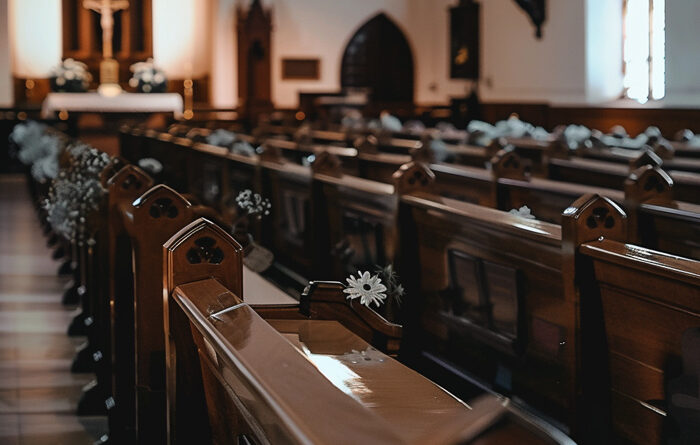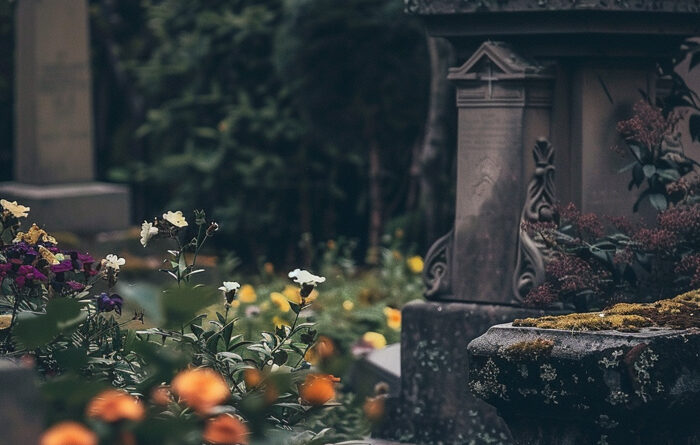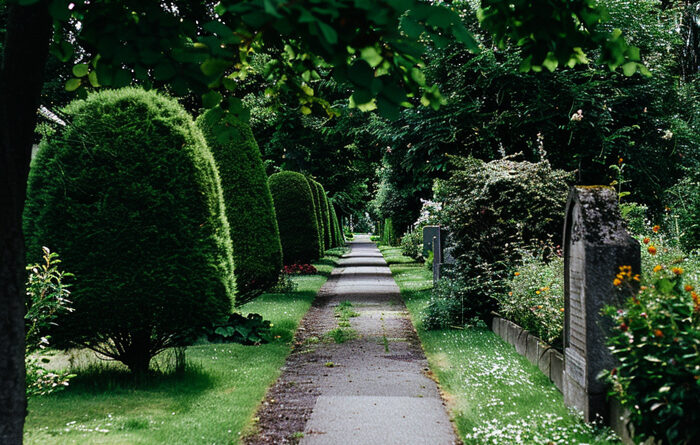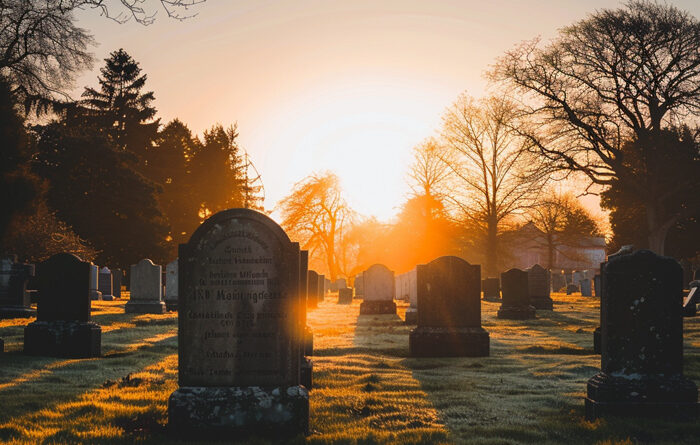
Introduction
Miami, a vibrant mosaic of cultures and traditions, is a city that celebrates diversity. This is evident not only in everyday living but also in how its inhabitants observe solemn occasions, such as farewells to the departed. Funeral ceremonies across different faiths have special rituals and customs that reflect deeply held beliefs and convey respect for the deceased. When participating in or organizing a funeral in Miami, remaining sensitive to religious practices is paramount. This article provides insight into acknowledging and honoring the diversity of religious sentiments during funerals in Miami.
Understanding Religious Diversity in Miami
In multiethnic Miami, you may encounter a variety of religious customs at funerals—from Christianity in its many denominations to Judaism, Islam, Hinduism, Buddhism, and beyond. Acknowledging each religion’s specific requirements and conventions is the first step in paying proper respect. A comprehensive understanding of religious preferences helps in planning a ceremony that reveres the deceased’s faith. This awareness builds a bridge of respect between mourners of different backgrounds.
Research Religious Funeral Practices
Research is the cornerstone of any process that breeds respect for religious customs. For each faith, certain rites and ceremonies hold significant meaning. Christians, for example, may place emphasis on prayers, readings, and hymns, while Islamic funerals might adhere to distinct washing and shrouding practices. Jewish traditions call for a speedy burial, and Buddhist ceremonies often involve chanting and meditation. Acquiring knowledge of these practices—and the variations within different sects or denominations—is essential. Moreover, speaking with religious leaders or community members can provide crucial insights into less familiar funeral traditions.
Show Sensitivity to Ritual Timing and Practices
Respect for religious sensitivities in funerals often revolves around the proper observance of timing and ritual practices. Awareness of the time-sensitive nature of some religious funerals, such as those in Judaism and Islam, can be vital. Both customs prescribe that the deceased be buried within a day if possible. Therefore, quick coordination with funeral services is important. Rituals like the Christian wake or vigil, the Islamic Salat al-Janazah (funeral prayer), and the Jewish Shiva period all require careful consideration in order to be conducted with the respect they deserve.
Selecting an Accommodating Funeral Home
Choosing a funeral home that acknowledges and is prepared to accommodate various religious practices is an essential part of the process. Funeral homes with experience in serving a diverse clientele tend to be more equipped to address specific needs. From providing facilities for ritual washing to allowing overnight vigils, these funeral homes make it feasible to observe essential traditions. Additionally, many offer services that cater to the specific customs of each faith, respecting dietary laws and providing appropriate spaces for prayer and remembrance.
Embrace Cultural Attire and Mourning Customs
Religious sensitivity also extends to the cultural attire and mourning customs of those attending the funeral. It respects the customs of wearing particular clothing such as headscarves, yarmulkes, or other traditional garments. Understanding and communicating these dress codes to all attendees ensures that everyone feels comfortable and included. Moreover, some cultures observe mourning in distinct ways, which may include periods of silence, chanting, or other forms of expression. Being mindful and informed of these traditions will prevent inadvertent offenses.
Offering Sympathy and Support
At the core of any funeral service is the expression of sympathy for the bereaved. Offering comfort can take on different forms in various cultures. While some may find solace in a warm embrace, others may prefer solemn words or simple presence as a form of support. Remaining receptive to these preferences is key to fostering a supportive environment for all mourners. Moreover, providing resources such as grief counseling that is sensitive to religious beliefs can be an invaluable part of aftercare services.
Handling Religious Dietary Considerations
For funerals that include post-service gatherings or meals, acknowledging religious dietary restrictions is a significant aspect of showing respect. Whether it’s providing Kosher, Halal, vegetarian, or other dietary options, these considerations demonstrate thoughtful attention to the religious needs of your guests. Coordination with caterers familiar with these requirements can help avoid any discomfort or exclusion among mourners during the meal.
Respecting Memorial and Burial Preferences
The final resting place and its associated customs are deeply personal and often dictated by religious beliefs. Respecting these preferences—be it a traditional in-ground burial, mausoleum interment, or cremation—is fundamental. Grave markers, memorials, and the handling of ashes must also be approached with sensitivity. Consulting with family and religious leaders about these final aspects can prevent misunderstandings and ensure the deceased’s wishes are faithfully honored.
Conclusion
Respecting religious sensitivities during funerals in Miami is a multifaceted practice that touches upon research, understanding, and collaboration. Recognizing the diverse spiritual needs and rituals of the community fosters an atmosphere of empathy and reverence. It allows for a funeral service that not only honors the deceased but also comforts the bereaved in a manner that is harmonious with their traditions. As we celebrate the vast cultural tapestry that Miami encompasses, it becomes clear that such sensitivity is not simply an act of accommodation but a profound expression of humanity and solidarity in the face of loss.

What are some general tips for respecting religious customs at a funeral?
To respect religious customs at a funeral, it’s important to familiarize yourself with the traditions and rituals of the deceased’s faith. Dress modestly, follow the lead of the family or religious officials, and participate only in rituals you are comfortable with, showing reverence and respect throughout the service.
Is it appropriate to bring offerings or symbols from my own religion to a funeral of a different faith?
Generally, it is not appropriate to bring offerings or symbols from your own religion to a funeral of a different faith. It’s important to honor the religious preferences of the deceased and their family. If in doubt, ask a family member or the officiant if your offering would be acceptable.
How can I offer condolences to someone of a different faith without offending them?
When offering condolences to someone of a different faith, use universal expressions of sympathy such as “I’m sorry for your loss” or “My thoughts are with you and your family.” Respect any mourning customs, avoid religious platitudes that might not align with their beliefs, and simply offer your support and compassion.





